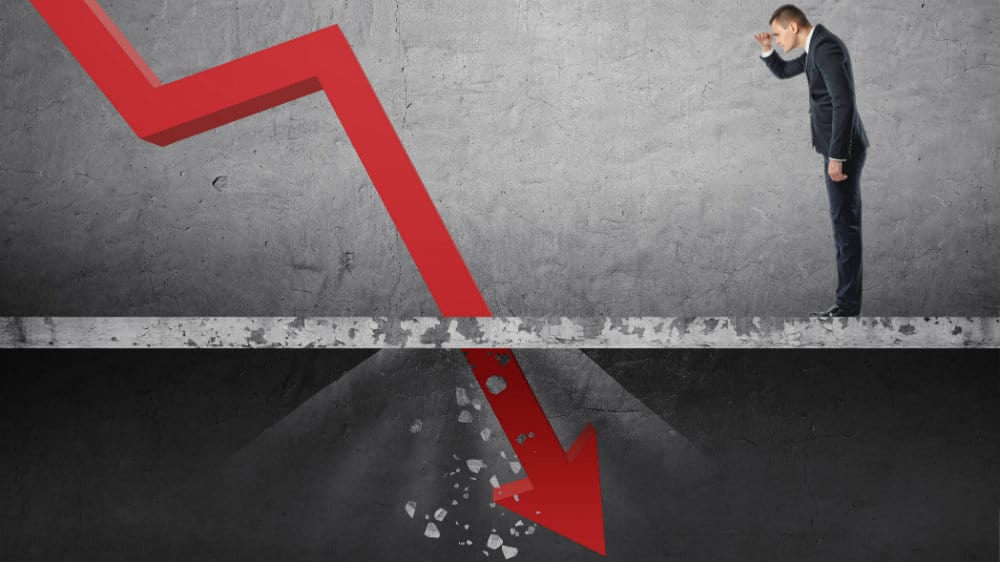A growing number of economists and fund managers believe a market crash could occur in 2020. One survey, conducted by Bank of America, found that the risk of recession is at its highest level since 2007, months before the financial crisis.
Unfortunately, the infrequency of bear markets can cause investors to become complacent, preventing them from adequately preparing. This complacency is why every recession, millions of people have their financial livelihoods permanently damaged.
If you’re reading this now, you have the ability to protect your capital, or at least mitigate your risk. The following tips aren’t rocket science, but they can potentially save you thousands in the months to come.
Save those pennies
They say that a penny saved is a penny earned, but that’s not exactly true considering a penny earned is taxed. If you’re able to keep what you’ve already earned, you’ll never have to pay taxes on it again using a TFSA. This should be everyone’s number one consideration when it comes to investing.
If you don’t have a TFSA, open one today. If you do, take a close look at your historical contributions. Have you been taking full advantage?
Inside a TFSA, all of your capital will grow tax free. Withdrawals, which can be made at any time for any reason, are also tax free. With this flexibility, you should be dedicating as much money as possible to this account.
Without a TFSA, you may ultimately cede 50% of the gains to the government just as you need the money most. Invest with a TFSA first to provide as much capital cushion as possible.
Establish automatic contributions
Speaking of portfolio contributions, make sure that you’re able to take advantage of prices when they dip. This is a luxury that few investors prepare for.
When markets are rising, investors rush to put as much money as possible to work. When markets are falling, millions of Canadians reduce their contributions to shore up cash. That’s like buying all of your groceries when prices are high, but avoiding the market when they temporarily slash prices by 50%.
Make sure you buy during these market dips by establishing automatic contributions. Most accounts allow for this. You can, for example, have $250 deposited into your investment account each month automatically. No need for you to pull the trigger. Buying regularly ensures you secure attractive pricing throughout the market cycle.
Be aware
Don’t wait until a crash to understand your asset allocation. Compile all of your financial data into one place to analyze it easily. Understand where you’re invested and how much risk you’re taking.
This practice is important for budgeting, but also if you want to make proactive moves ahead of a recession. That’s because some stocks could actually gain during a pullback.
If you own a volatile tech stock, you may want to substitute it with a stock like Constellation Software. Constellation owns a portfolio of automation software. During a bear market, companies will look to cut costs faster than ever before. Constellation can help them do just that.
If you own a risky energy stock, take a look at Enbridge. Enbridge charges its customers on volumes, not commodity prices, giving it stability during periods of trouble. In 2014, for example, when oil prices fell by 50%, Enbridge stock increased in value.
Be sure to minimize your taxes (essentially free money) and establish automated contributions, but don’t neglect to analyze and understand your basic asset allocation.








